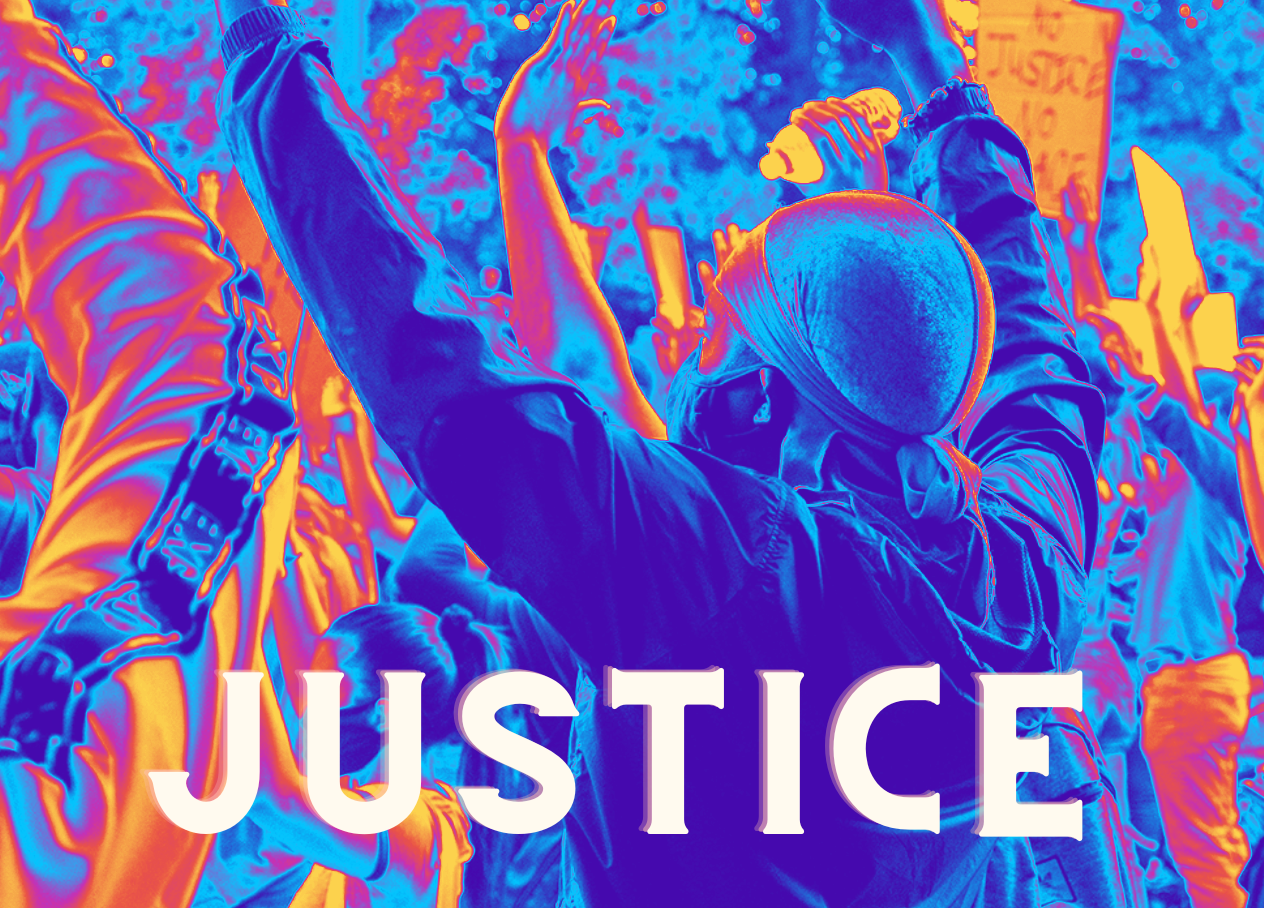Technology’s Dual Role in Language Marginalization and Revitalization
DOI:
https://doi.org/10.60690/kyscbb26Abstract
This article provides a framework in approaching indigenous language research and the development of digital language tools and resources for them. According to an estimate by UNESCO, 43% of languages used in the world are endangered, many being forced out because of settler linguistic colonialism. More recently, there has been a language shift toward majority languages online. Past scholars who have discussed technology’s impact on minority languages have focused on if these tools have supported language relearning or pushed a language shift. But this often ignores the community perspective and incentives in language research and the building of these tools. I interview Wesley Leonard, a citizen of the Miami Tribe of Oklahoma and a leading scholar in the discussion of indigenous data sovereignty and language reclamation to construct a framework for digital minority language research and development. The key principles for this research are data usage consent, data accessibility and removability, and constant ongoing communication with the language community about development goals. I then apply this framework to a case study of Google Woolaroo and Kupu, two visual language translation apps for minority language communities. While Woolaroo follows many of these principles, Kupu has proven itself to be a more effective tool as it was designed in tandem with the Maori community for classroom use, which demonstrates the importance of community-driven development in building effective language resources.




